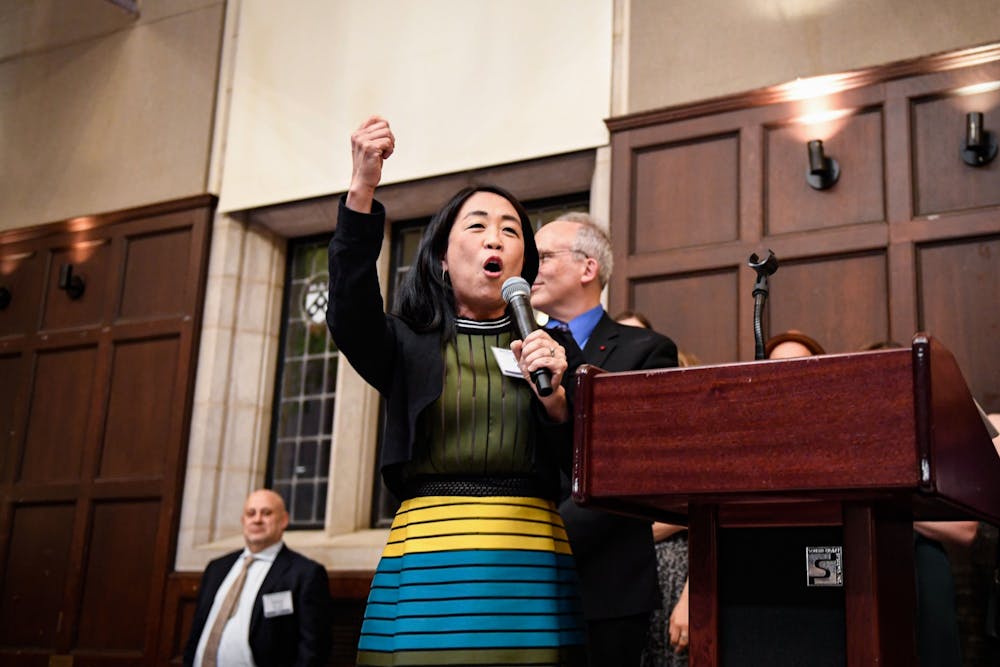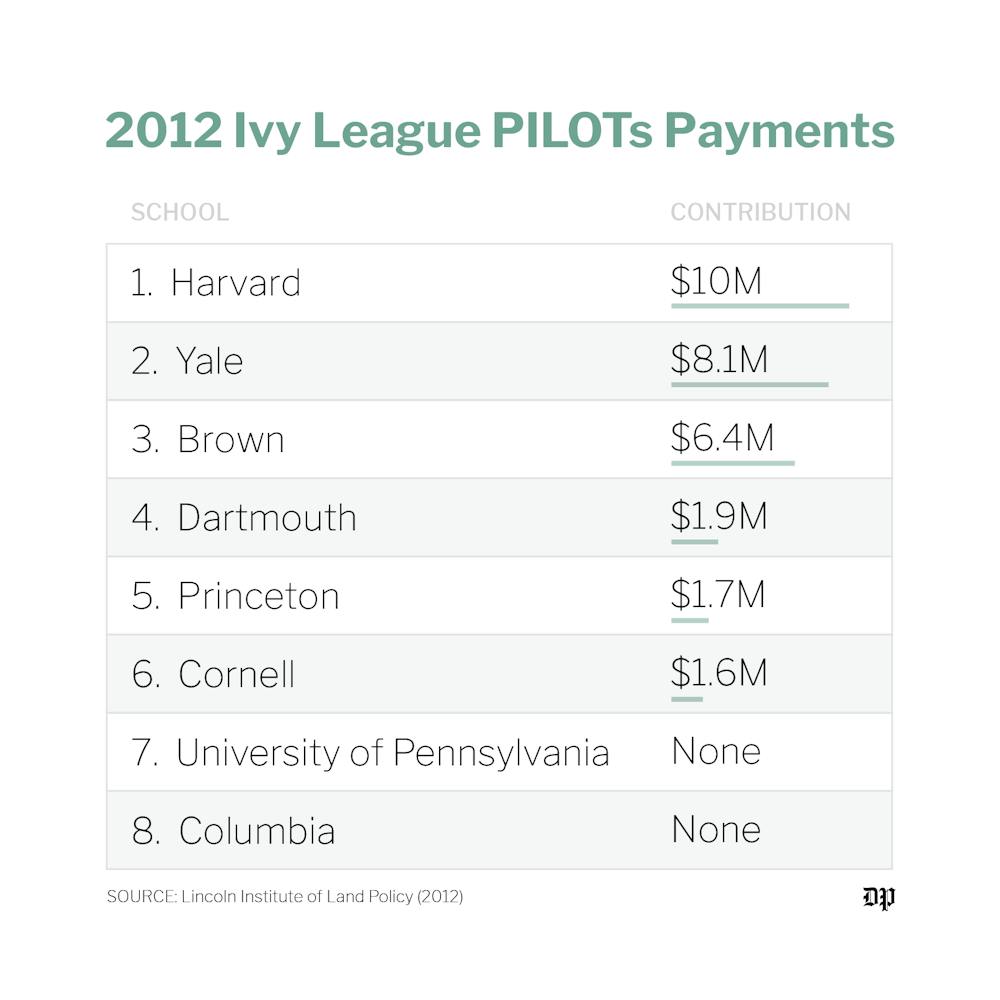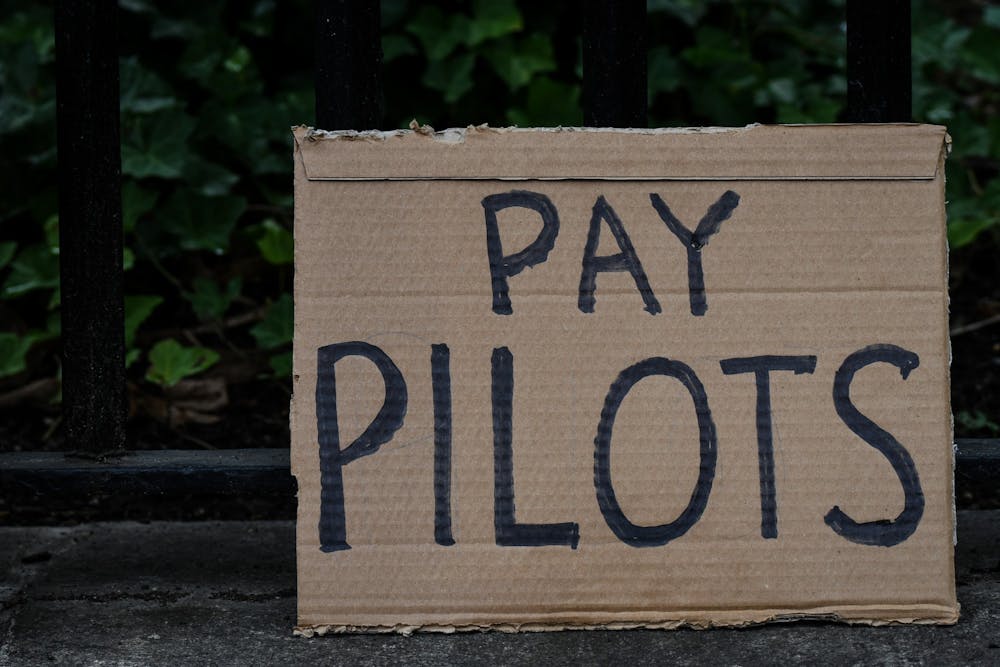
Key issues second-term City Councilmember and 1993 College graduate Helen Gym focuses on include housing, public schools, clean air, clean water, and healthcare.
Credit: Chase SuttonSecond-term City Councilmember and 1993 College graduate Helen Gym, often coined Philadelphia's "most progressive" Councilmember, has her sights set on a better vision for Philadelphia as the COVID-19 pandemic continues to upend millions of lives in the city.
The Daily Pennsylvanian spoke with Gym about Philadelphia's most pressing issues and what role Penn plays in uplifting the city it calls home.
COVID-19 has not changed Gym’s priorities — it has only made them more urgent.
Since her election to office in 2016, Gym has focused on improving housing, quality public schools in every neighborhood, clean air, clean water, and healthcare. She said her agenda prioritizes civil and human rights, which she defines as the “underpinnings of how you lift a city out of poverty.” This is done not by pushing people out, she emphasized, but by increasing the standard of living in Philadelphia.
Evictions currently threaten tens of thousands of families across Philadelphia and children are struggling to learn virtually amid the pandemic, Gym said, adding that 18,000 students cannot connect to the Internet. Her emphasis on the right to healthcare is only more apparent as racial disparities expose that “healthcare is literally a matter of life and death during this pandemic and always has been,” she said.
According to a Pew survey conducted from July 27 through Aug. 24, nearly one quarter of Philadelphia residents know someone who has died from the virus, and 40% have lost their jobs or wages after the economic shutdown. Forty-five percent of Philadelphians were unable to get a medical appointment during the surveyed period, and 44% had to delay treatment for a medical condition other than COVID-19.
Impacts of the virus disproportionately affect the city's Black and Hispanic residents, the survey reported.
“I don't think that anything has really changed, you know,” Gym said, referring to the priorities she has had since she took office. “And what I think needs to be discussed is that as we try to look ahead and imagine a world from which we can not only just recover but rebuild, we can’t go back to the same old ways in which people were exploited and punished for poverty, for not speaking English, for growing up in a particular zip code, and all of that.”
Gym thinks Penn needs to invest more in the city of Philadelphia.
Originally from Columbus, Ohio, Gym said her 18-year-old self wanted more than anything to live in a big city and embrace its diverse population, as well as its idealistic mythology of the American Dream. But throughout her years in Philadelphia, she learned that many aspects of her upbringing — such as the quality of her hometown public school and her family’s ability to gain American citizenship — were not easily attainable for many people.
“I think my path from Penn to where I am now has been a journey to reconcile the mythology that I grew up with about what America was supposed to be and do, with the realities and the hard work of actually making it achieve its vision,” Gym, a former Daily Pennsylvanian editor, said about her journey since being at Penn in the early 1990s.
While Gym believes Penn has made great contributions to Philadelphia, she thinks the University has an unfinished role in uplifting one of the poorest cities in the country.
“A just economy and a city that is on the rise needs to recognize that we need a real investment from our strongest civic governmental and nonprofit actors, of which Penn is one,” Gym said. "COVID-19 has certainly exposed all the breaks in a system that punishes people for their poverty and exploits them for it as well. And so, if we're going to find a path through, we need to recognize the importance of civic giants like Penn to contribute in creative ways to a vision of uplifting all Philadelphians.”

Demands that Penn pay PILOTs, financial contributions that property tax-exempt organizations voluntarily make to local governments, to Philadelphia were reignited by the Black Lives Matter movement this summer but have been circulating for years. Students and faculty have petitioned Penn to make the payments citing that the city, and particularly its public schools, is facing especially dire financial losses this year due to the pandemic.
Regarding the issue of public school funding, Gym said Penn has faltered in ways that other Ivy League institutions have tried to make up for. Penn and Columbia University are the only two Ivy League institutions that do not currently have PILOT agreements with their local governments.
“Recognizing that the state of our public schools, the condition of our school facilities, and the disgraceful status that we have of being one of the worst states in the nation in terms of inequitable funding of our school systems in the state of Pennsylvania, is something that Penn naturally has to take a stand on,” Gym said.
In 2015, Gym ran for office on a Penn-centric platform — agreeing to work with the city's largest nonprofits, especially Penn, to increase the revenue Philadelphia receives from PILOTs.
She believes the current state of Philadelphia's public schools is holding the city and its residents back from its potential.
“The fundamental issue is that property taxes are the bread and butter of school funding, and the unjust and unconstitutional lack of funding for our public schools is a key reason why so much inequity exists across our city. Philadelphia’s greatest non-profit actors – many of which don’t pay property taxes – cannot be silent on this issue, and indeed should be proactive on this at every level," she said.
Penn was previously involved in a PILOT program from 1995 to 2000 and contributed $1.93 million annually, but did not renew the agreement of the program after 2000.

Demands that Penn pay PILOTs to Philadelphia were reignited this summer by the Black Lives Matter movement.
“We need a bolder action around it rather than just paying lip service or tinkering around the edges or offering charitable contributions that don't really alter the landscape,” Gym continued, adding that reserving education for the most privileged of students does not change the future of the country for the better.
Instead of paying the taxes, Penn argues that it makes a more impactful contribution to the mostly Black and brown residents of West Philadelphia through its over-500 community engagement activities in 248 public schools, as well as community support work facilitated by University centers such as the Netter Center and Civic House, and direct investments into various sectors of city development.
The fact that Penn has such programs means that it recognizes the city has an educational system not solely based on merit, she said, but one that is largely determined by race and class — and that it will work to change that.
PILOTs, she believes, are one way of creating that change.
“We don't ask Penn to claim that it can on its own solve the school funding dilemma, but it cannot stay out of that mix unless it actually puts some recognition to the fact that we are where we are because entities with privilege and wealth have been able to watch as our public school systems are starved of revenues,” Gym said.
Philadelphia and the 2020 presidential election: Biting back with the ballot.
“I would be lying if I didn’t have anxiety about voter suppression and deep concerns about the authoritarian efforts of this current federal administration. The only way to meet that is to be overwhelming at the ballot,” Gym said.
Gym said that she, along with Philadelphia city officials, are expecting strong voter turnout across the board for the upcoming presidential election. She is particularly encouraged by the fact that Biden campaign is beginning safe, door-to-door canvassing in particular areas across the state.
Voting has already begun in Pennsylvania — a battleground state in deciding the outcome of the election. More than two million voters have requested mail ballots, The Philadelphia Inquirer reported, and Philadelphia plans to open 15 new satellite elections offices for in-person mail voting services.
“At the end of the day, there’s nothing like just getting out and phone banking, canvassing, texting, and having conversations with people in your networks,” Gym said.
Gym’s advice for students who want to make a positive difference in the world? Stay local.
“The energy moving through our streets and transforming our politics and our world is moving at the local level,” Gym said. She said young people are not only getting politicized about current issues, but are now leading the political movements defining the modern time — namely the Fight for $15, Black Lives Matter, gun control, paid sick leave, the Green New Deal, #AbolishICE, and stopping the privatization of our public schools.
These issues manifest themselves beyond Congress, the Supreme Court, and the White House, Gym added. They exist in universities and cities as well.
“Invest in movements, stay passionate, vote, and keep pushing for change,” Gym said.
The Daily Pennsylvanian is an independent, student-run newspaper. Please consider making a donation to support the coverage that shapes the University. Your generosity ensures a future of strong journalism at Penn.
Donate






